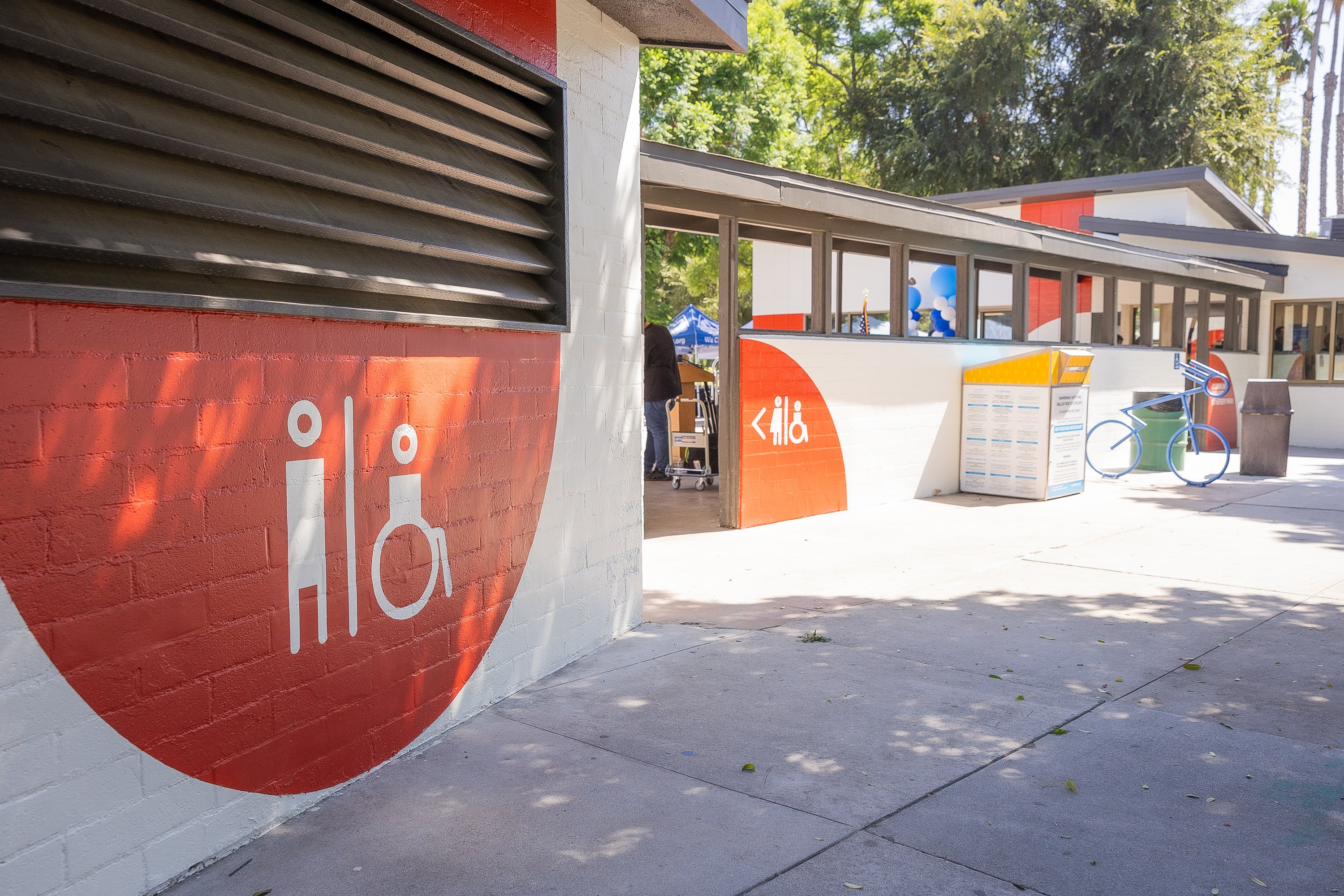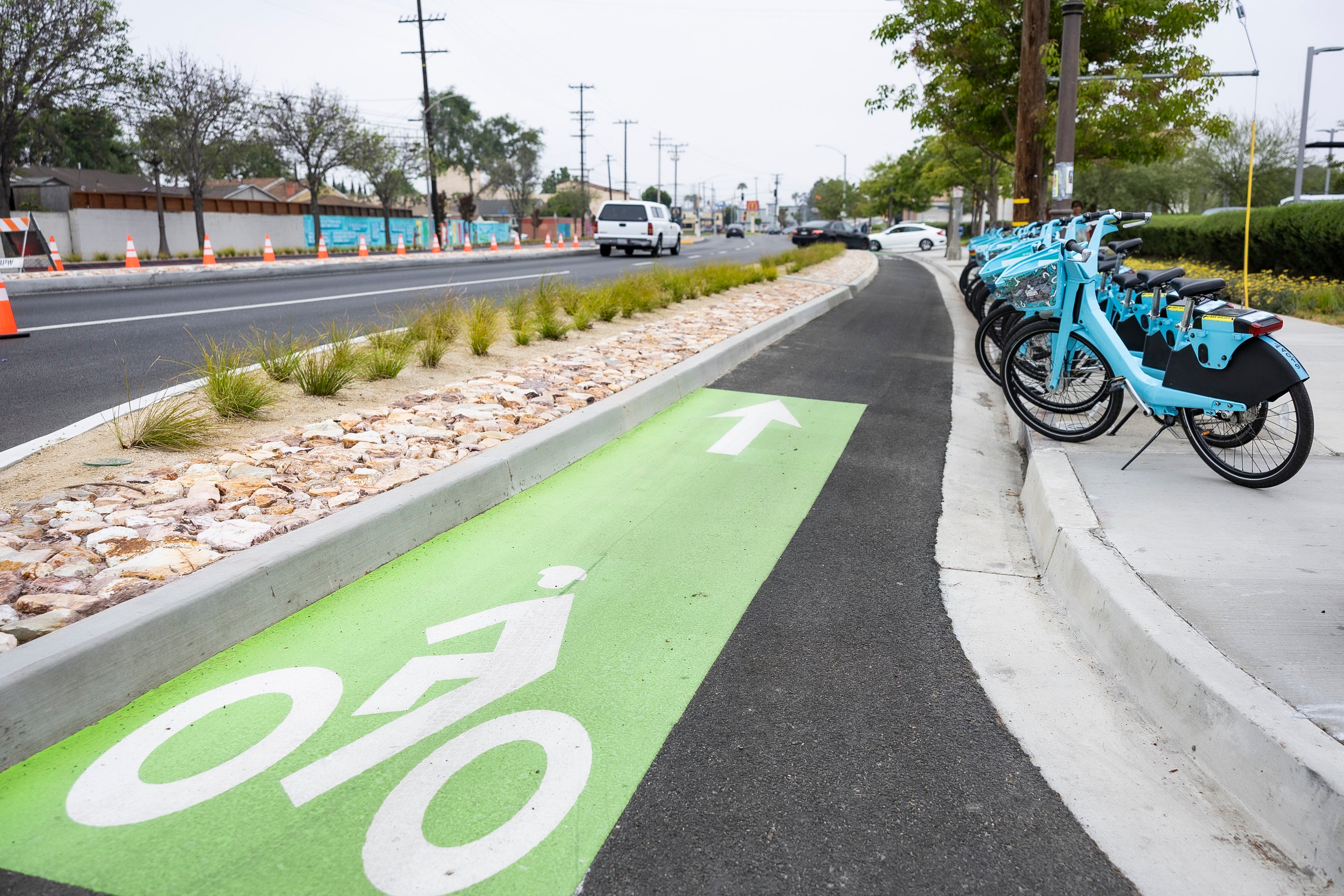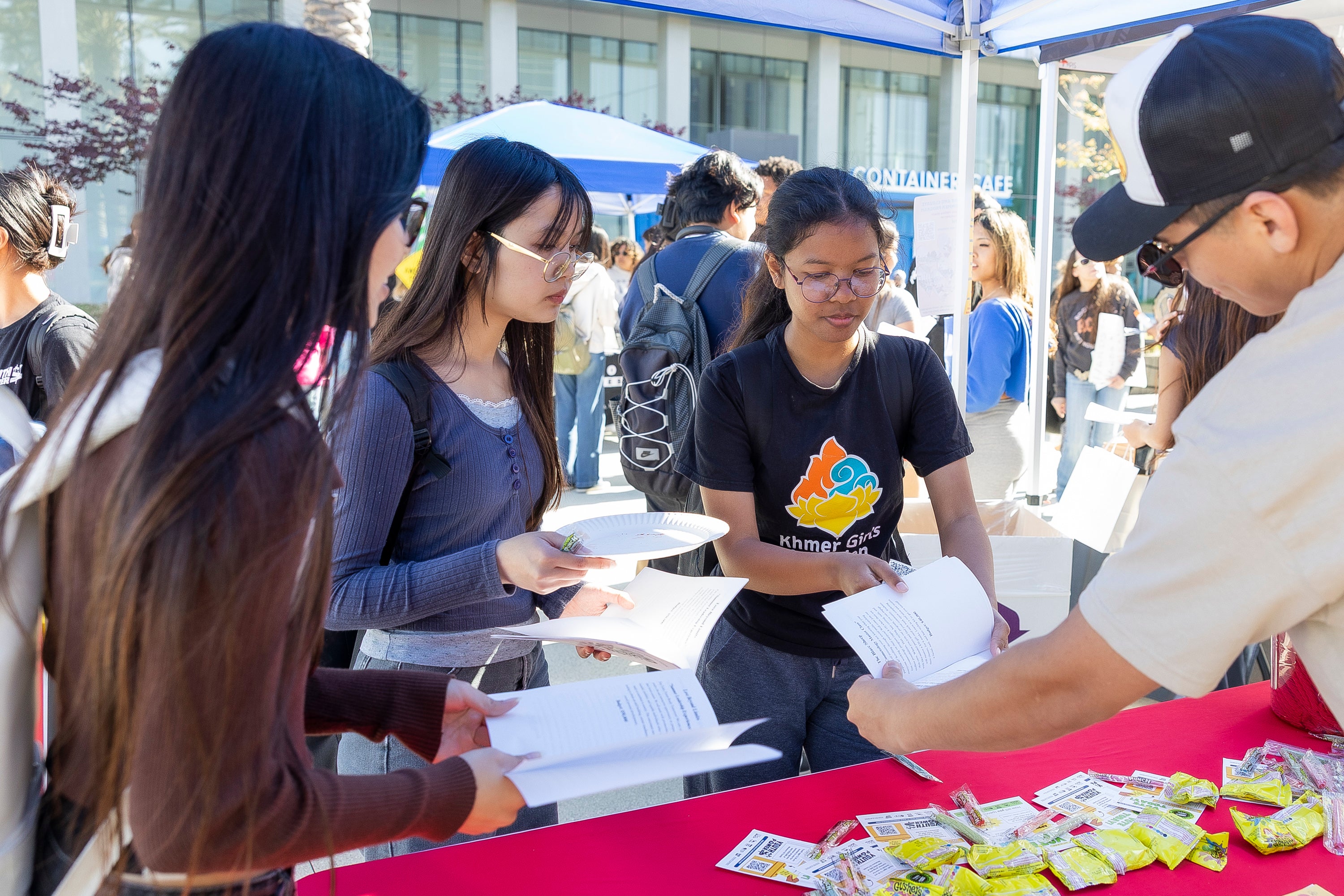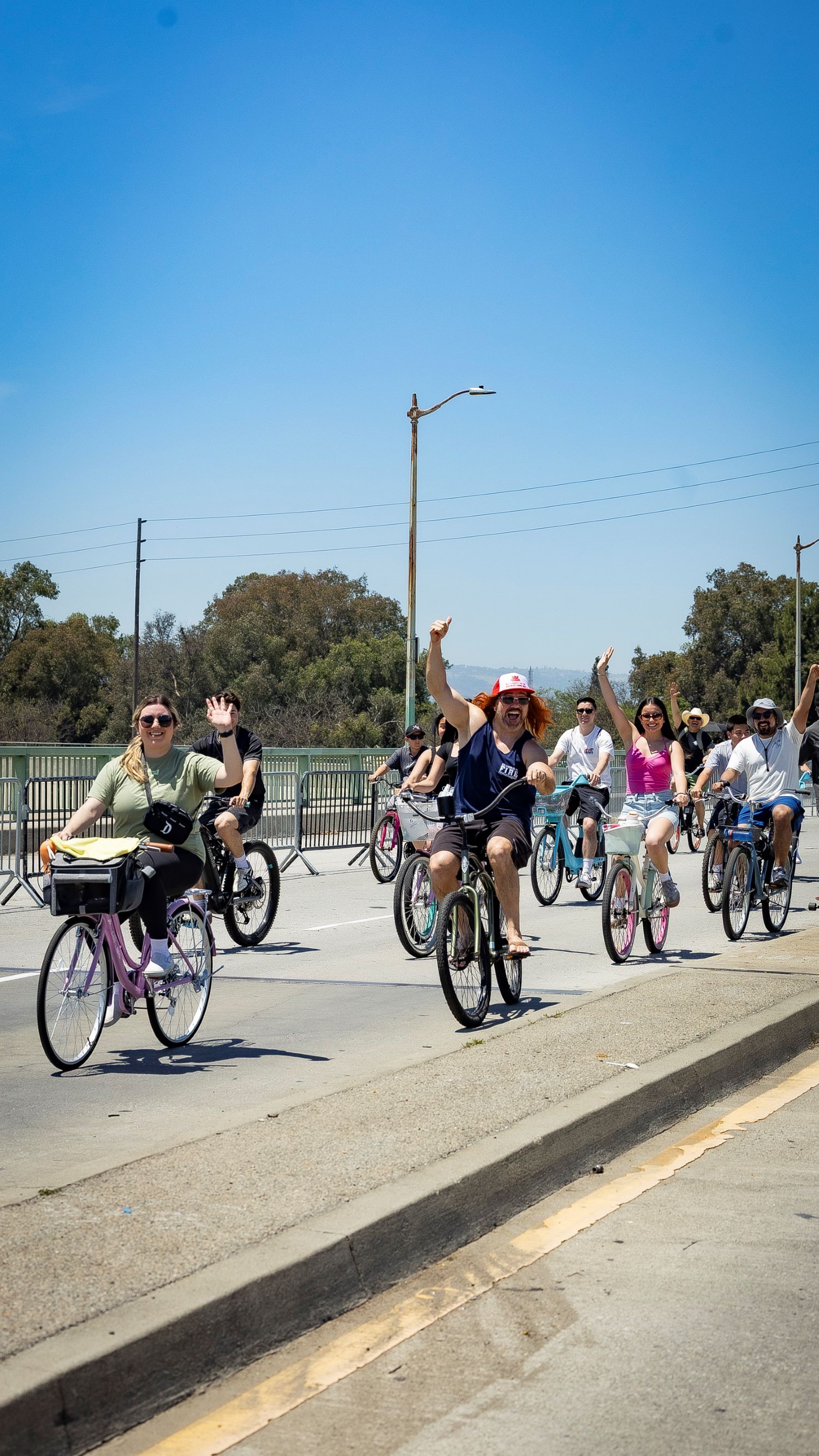This news update is brought to you by the City of Long Beach. To find out more about City programs, projects, initiatives and services, please visit longbeach.gov. To find events near you, please visit the City calendar at www.longbeach.gov/events. And follow us on social media @longbeachcity.

Park Ambassador Program is Enhancing Park Cleanliness Citywide
It’s been two years since the implementation of Long Beach’s Park Ambassador Program, and results are demonstrating a substantial improvement in park safety, cleanliness and community satisfaction.
The Department of Parks, Recreation and Marine is reporting a 48% decrease in service requests for park restrooms over the last two years, along with a 52% reduction in restroom-related repair costs since the program began in June 2023, marking a major achievement, according to a recent City memo.
Restrooms were previously left open all night, which caused misuse and vandalism during overnight hours. The Parks Department was inundated with complaints about park restrooms, receiving 1,940 repair and maintenance requests from community members in the two years leading up to the program’s implementation. The issues were persistent and pervasive across Long Beach parks and cost the City considerable financial and staffing resources.
The Park Ambassador Program was created to address these concerns by strategically increasing staffing and expanding service routes citywide, resulting in improved cleanliness of park facilities and a more safe and enjoyable park experience for visitors.
Since then the program’s proactive approach has yielded measurable results. Service requests related to restroom issues have decreased by approximately one thousand work orders, and the City is seeing a cost savings of nearly $600,000 from fewer damage and repair costs – dropping from $1.25 million to $653,000.
So how does the Park Ambassador Program work?
The team consists of 10 maintenance staff and one supervisor who perform a range of duties to keep park restrooms secure, safe and clean overnight, seven days a week.
Working in teams across four geographic routes, staff visit 39 parks throughout the city nightly to lock each of the 54 free-standing restrooms and three mini parks, conduct routine maintenance in the restrooms, perform special maintenance assignments in nearby community centers, and proactively address any emerging maintenance issues within the parks.
When the program began, it tripled the number of budgeted positions and expanded the nightly staff presence from four parks to 39, providing significantly more maintenance services, staff and attention to the parks.
The result?
The Park Ambassador Program has proven to be a success. The nightly bathroom lockups and proactive maintenance continue to help reduce vandalism, and misuse and other unnecessary service needs leading to continued cost savings for the City, relief for burdened staff, cleaner restrooms and more community trust.


